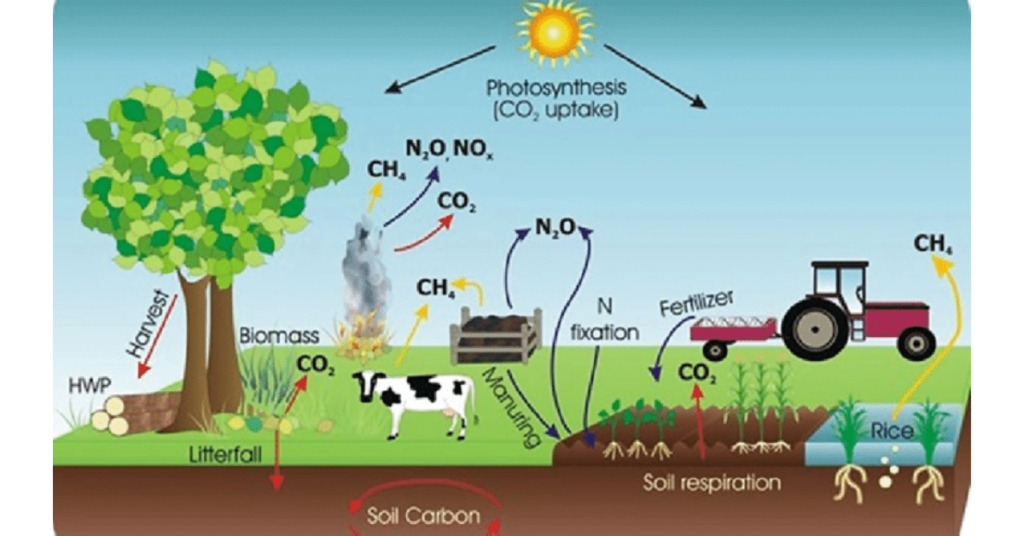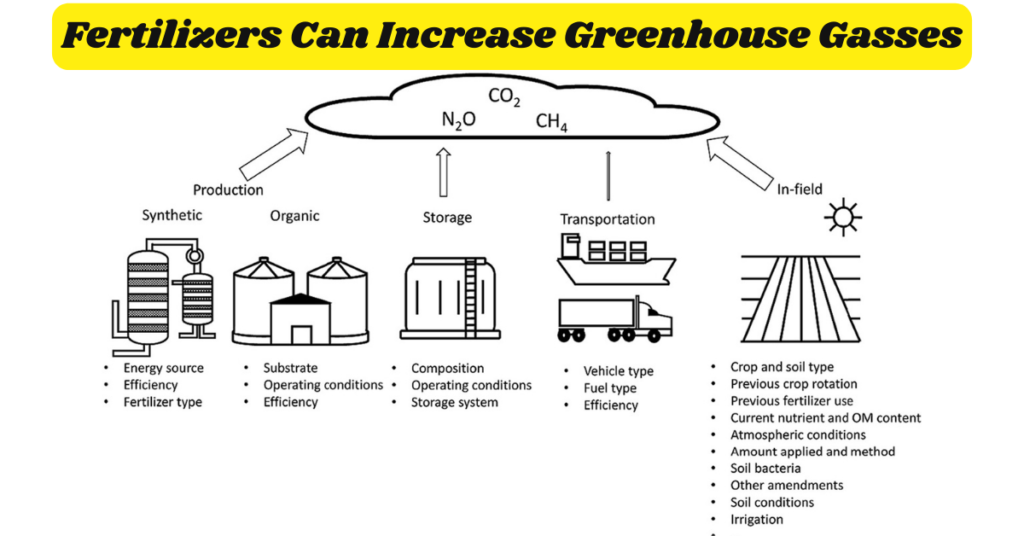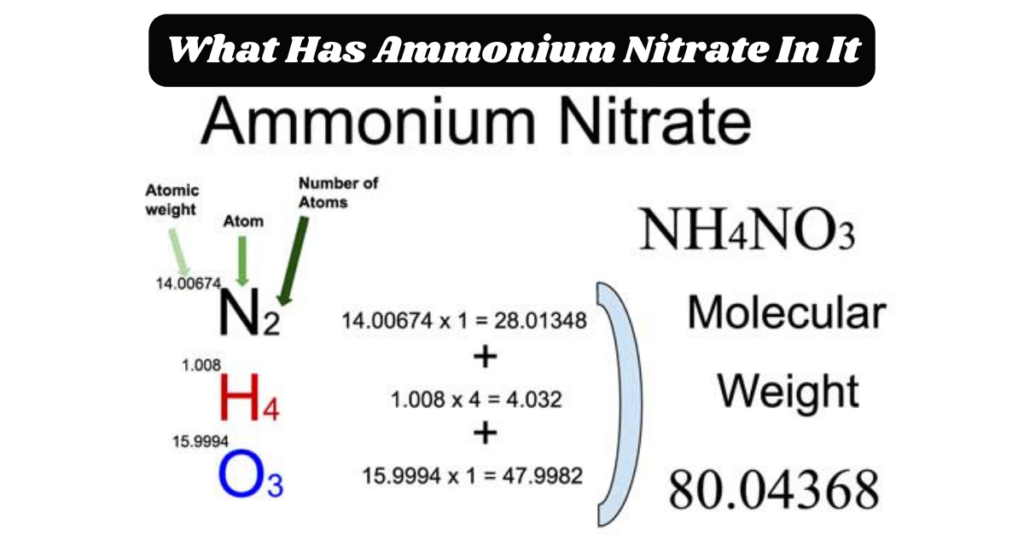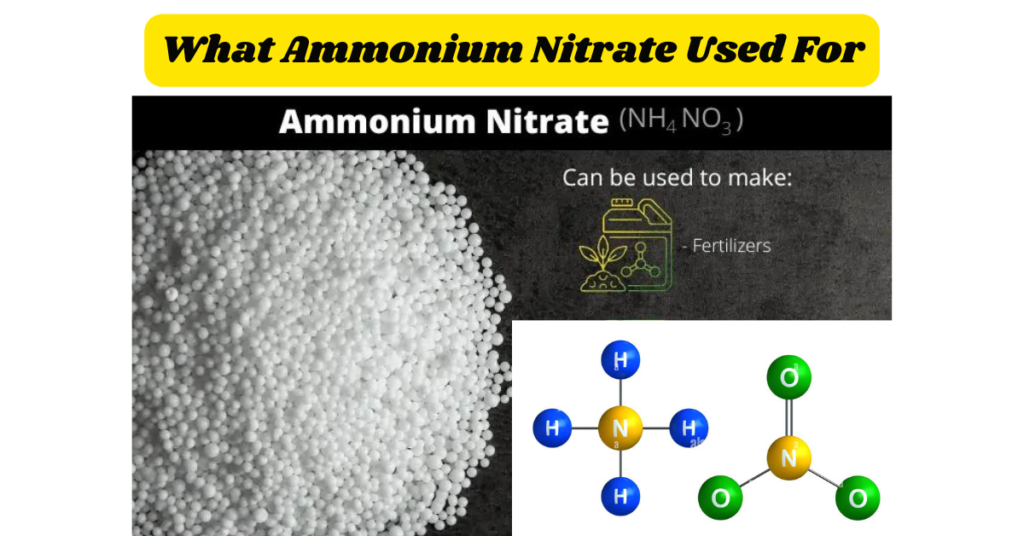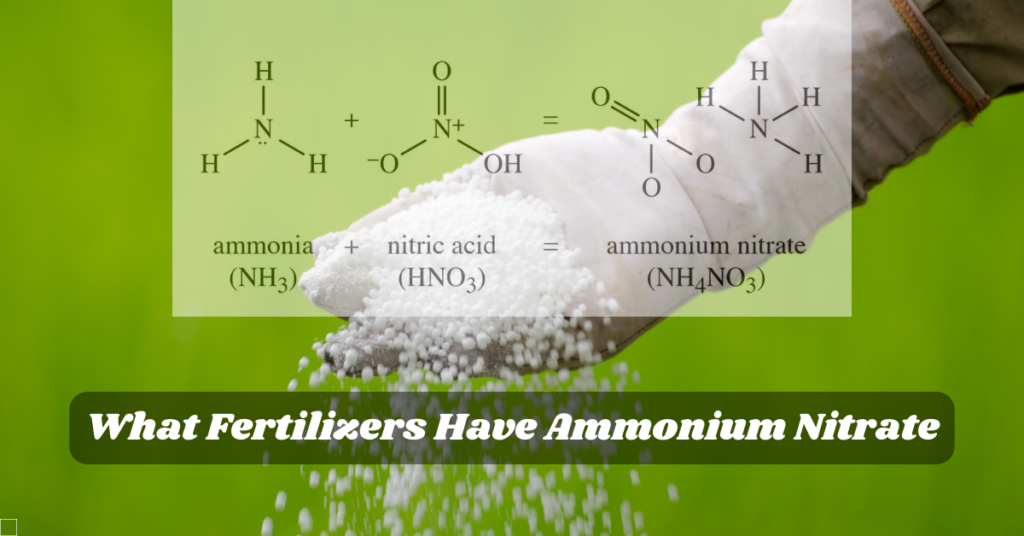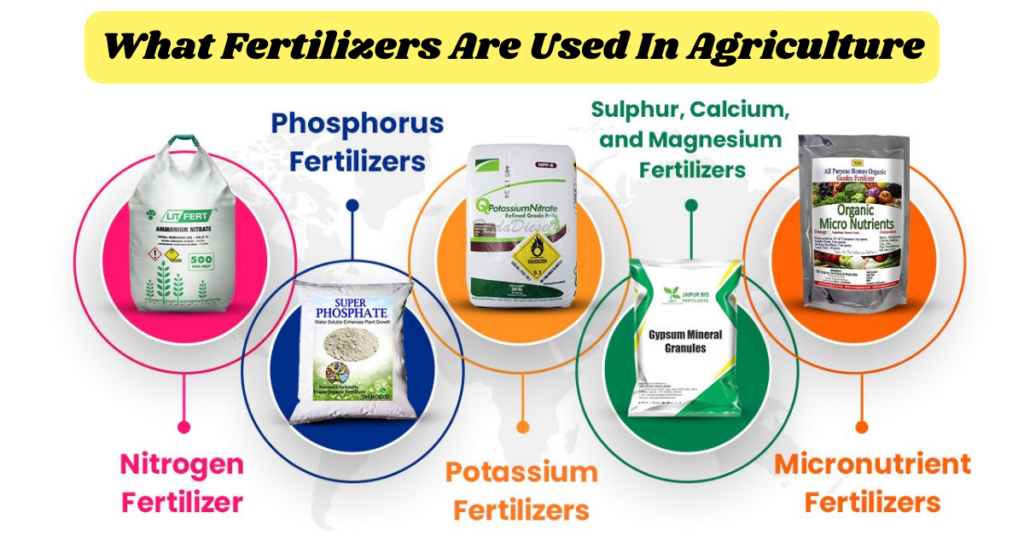“Fertilizers Can Kill Plants Due to”
“In the pursuit of lush greenery and bountiful harvests, many gardeners and farmers turn to fertilizers as a solution. However, the seemingly innocuous act of fertilizing can inadvertently lead to the demise of our beloved plants. Whether it’s due to chemical burn, nutrient imbalance, or soil contamination, the repercussions of fertilizer misuse can be profound. It’s essential to understand that fertilizers can kill plants due to a variety of factors, from root damage to osmotic shock. By delving into these complexities, we uncover the importance of responsible fertilization practices and the critical role they play in nurturing healthy ecosystems.”
“Fertilizers Can Kill Plants Due to” Read More »

